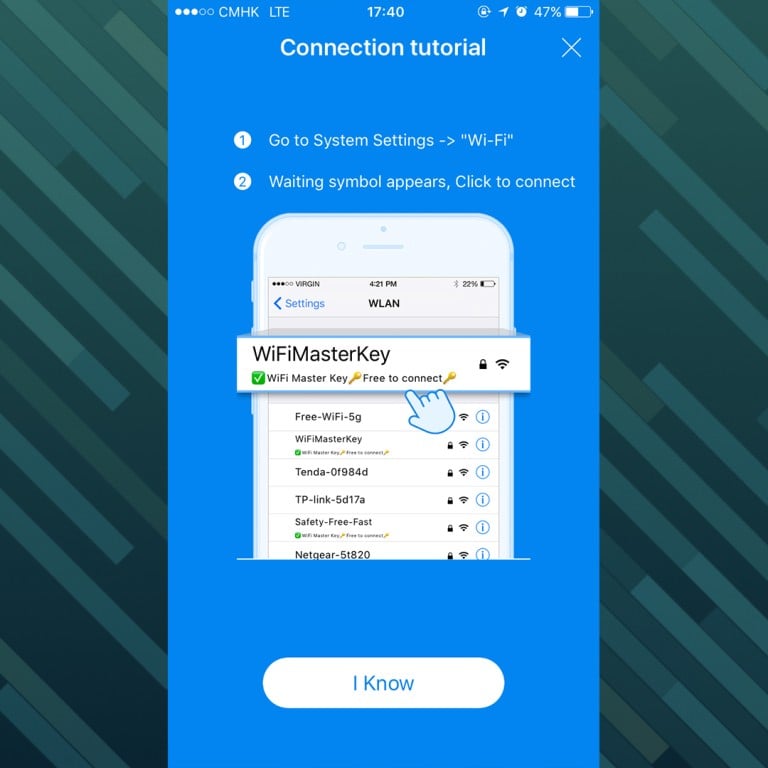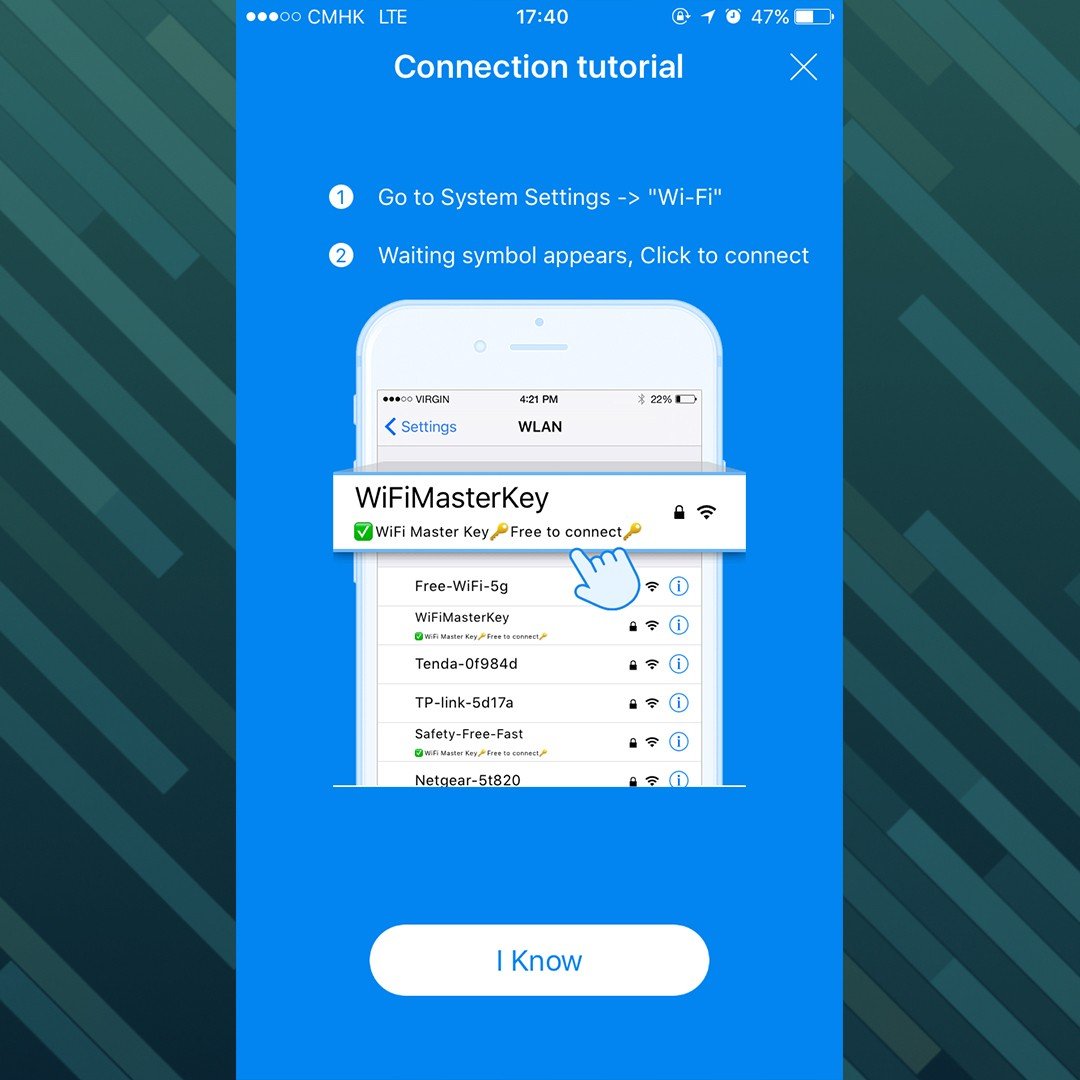
App that lets you use other people’s Wi-Fi is blasted by Chinese state media
WiFi Master Key crowdsources login details and has over 900 million users
Chinese state media criticized apps that let you use other people’s Wi-Fi networks, accusing them of stealing passwords and exposing private information.
The app crowdsources Wi-Fi details, allowing people to hop on to private networks. Once you install the app, you’re sharing your own Wi-Fi network details with everyone else -- and they’re sharing their networks with you.

And being China, WiFi Master Key isn’t the only app of its type. One of the clones, WiFi Key, apparently showed passwords for the networks you’re connecting to.
For more insights into China tech, sign up for our tech newsletters, subscribe to our Inside China Tech podcast, and download the comprehensive 2019 China Internet Report. Also roam China Tech City, an award-winning interactive digital map at our sister site Abacus.

